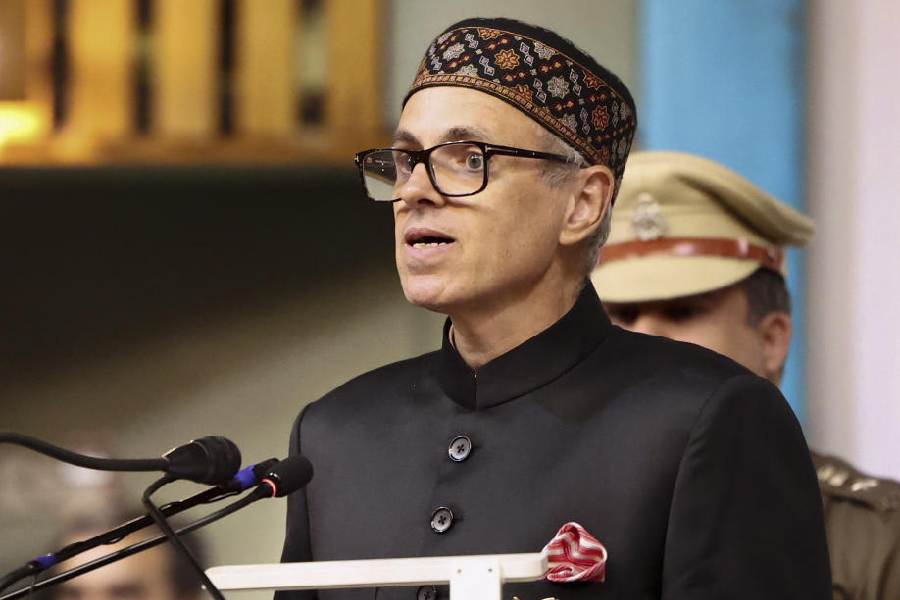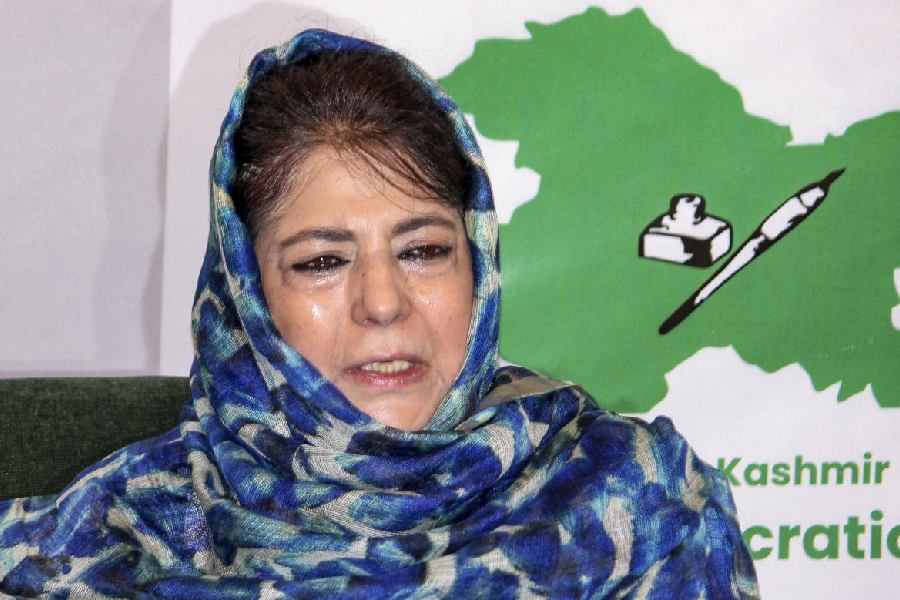Jammu and Kashmir chief minister Omar Abdullah on Friday sharply rebuked Mehbooba Mufti for opposing the reinstatement of the Tulbul Navigation Project, accusing her of disregarding the historical injustices inflicted on the region through the Indus Waters Treaty (IWT).
“Actually what is unfortunate is that with your blind lust to try to score cheap publicity points & please some people sitting across the border, you refuse to acknowledge that the IWT has been one of the biggest historic betrayals of the interests of the people of J&K. I have always opposed this treaty & I will continue to do so,” Abdullah posted on X.
“Opposing a blatantly unfair treaty is in no way, shape, size or form ‘warmongering’, it’s about correcting a historic injustice that denied the people of J&K the right to use our water for ourselves.”
Abdullah’s remarks came in response to former chief minister Mehbooba Mufti’s statement earlier on Friday, where she called his push to revive the project “deeply irresponsible.”
Taking to X, Mufti wrote: “J&K CM Omar Abdullah’s call to revive the Tulbul Navigation Project amid ongoing tensions between India & Pakistan is deeply unfortunate. At a time when both countries have just stepped back from the brink of a full-fledged war—with Jammu and Kashmir bearing the brunt through the loss of innocent lives, widespread destruction and immense suffering—such statements are not only irresponsible but also dangerously provocative.”
“Our people deserve peace as much as anyone else in the country. Weaponizing something as essential and life-giving as water is not only inhumane but also risks internationalizing what should remain a bilateral matter,” she added.
With the Indus Waters Treaty currently kept in abeyance following the recent terror attack in Pahalgam, Abdullah has renewed calls for the resumption of the long-stalled Tulbul Navigation Project in north Kashmir, arguing that it could boost the region’s economy.
A lowdown on Tulbul Navigation Project
According to The Indian Express, the Tulbul Navigation Project, also known as the Wular Barrage Project, was initiated in the 1980s with the aim of ensuring year-round navigation across the Jhelum River, linking the districts of Anantnag, Srinagar and Baramulla. Additionally, the project is intended to enhance electricity generation downstream, particularly during the winter months.
However, the construction was halted in 1987 under pressure from Pakistan, which cited restrictions under various clauses of the Indus Waters Treaty—specifically Articles III and IV, which permit India non-consumptive use of the Indus basin waters but limit any storage along rivers like the Jhelum.
In a 30-second video clip posted on X on May 15, Abdullah showcased Wular Lake and the suspended civil work of the Tulbul Navigation Barrage. “It (Tulbul project) was started in the early 1980s but had to be abandoned under pressure from Pakistan citing the Indus Waters Treaty,” he wrote.
“Now that the IWT has been ‘temporarily suspended’, I wonder if we will be able to resume the project. It will give us the advantage of allowing us to use the Jhelum for navigation. It will also improve the power generation of downstream power projects, especially in winter,” Abdullah added.











